Do runners support sustainable events? The first study between Japan And Taiwan on environmental issues of running race is released!
Do runners support sustainable events? The first study between Japan And Taiwan on environmental issues of running race is released!
The first multinational study on the environmental sustainability of road running events has been released. A team from National Tsinghua University in Taiwan, in collaboration with Kokugakuin University in Japan and the Metropolitan University of Hong Kong, conducted a survey on environmental sustainability issues among participants of the 2024 Taipei Marathon and Nara Marathon. The findings were announced in conjunction with the arrival of Earth Day.
Firstly, this study reveals significant disparities in environmental awareness between Taiwanese and Japanese marathon participants: 70% of Taipei Marathon participants expressed extreme concern about environmental issues, compared to 40% of Nara Marathon participants. 80% of Taipei Marathon runners showed willingness to modify consumption habits for sustainability, while only about one-third of Nara Marathon participants shared this view. These differences can be attributed to several factors. Japan's cultural emphasis on cleanliness and orderly approach to environmental issues. Taiwan's recent experiences with EU carbon tariffs and environmental policies have heightened public awareness of climate change urgency. Nevertheless, both countries' runners share a consensus on the necessity for humanity to coexist harmoniously with nature. People used to believe that "humans can conquer nature," but the emergence of extreme weather has highlighted nature's counteraction. Today's consumers also recognize the need to live peacefully alongside nature.
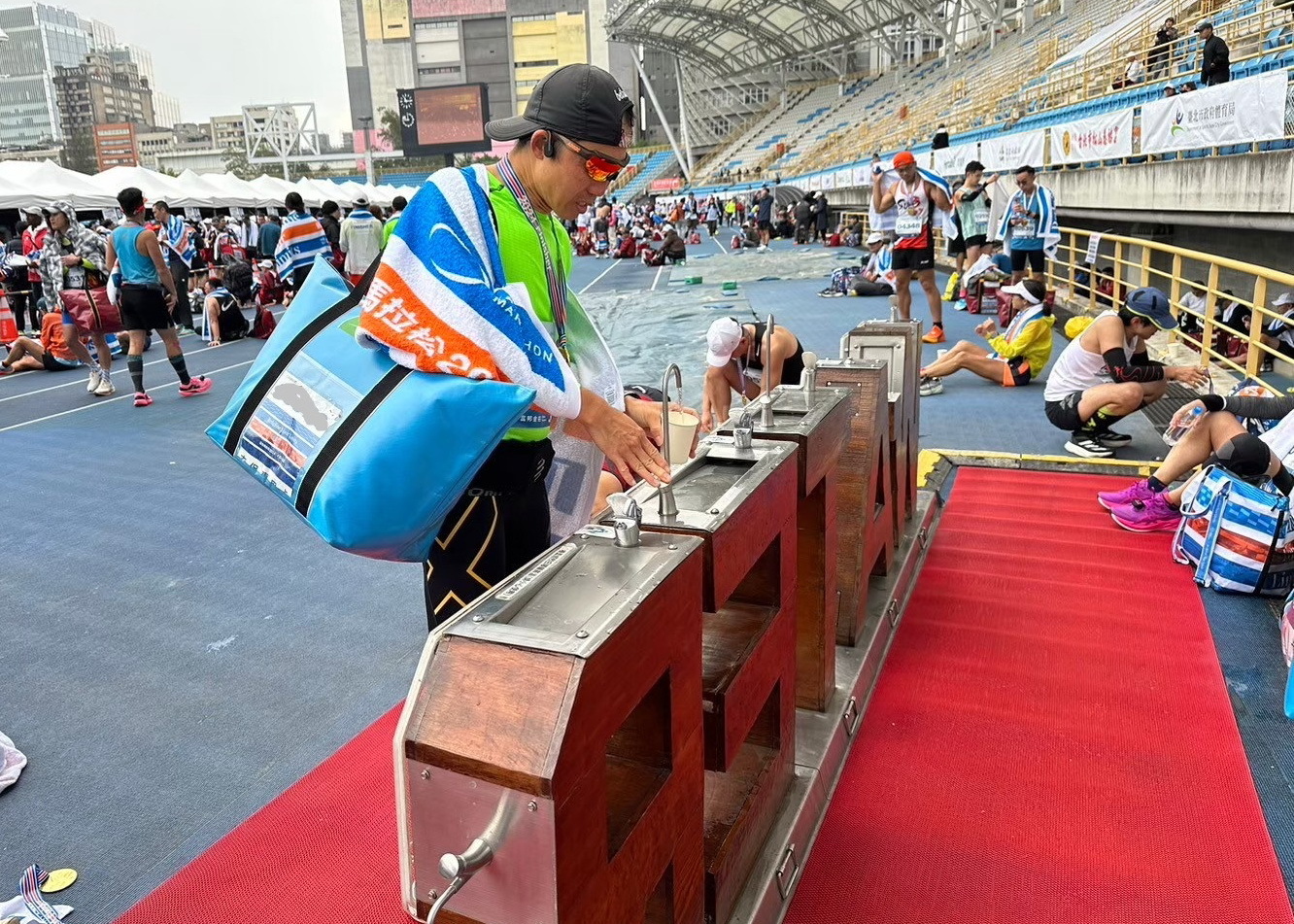
Figure 1. The Taipei Marathon organizers set up water refill stations at the venue to encourage runners to use their own cups

Figure 2. The large packaged drinking water at the supply station is green procurement
Secondly, this study analyzes runners' recognition of the event organizers' efforts in promoting environmental sustainability. Both marathons received strong recognition for their waste-recycling efforts. The Taipei Marathon's "bee team," consisting of over 30 staff members, implements a strict no-trash-left-behind policy. This aligns with global marathon trends, where waste management is a critical concern, as marathon events can generate several tons of waste. In fact, the amount of waste generated by events is quite staggering, reaching several tons. The sight of paper cups, energy gels, and bottles littering the course is shocking and has even drawn public criticism and media attention. Therefore, waste recycling efforts become particularly important.
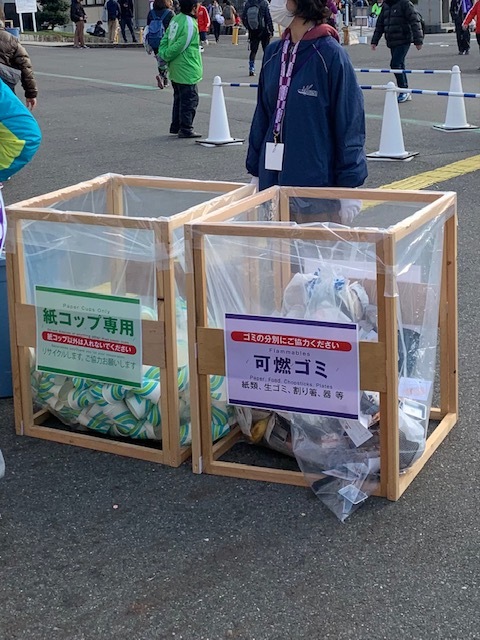
Figure 3. Waste sorting was strictly carried out by the event organizers
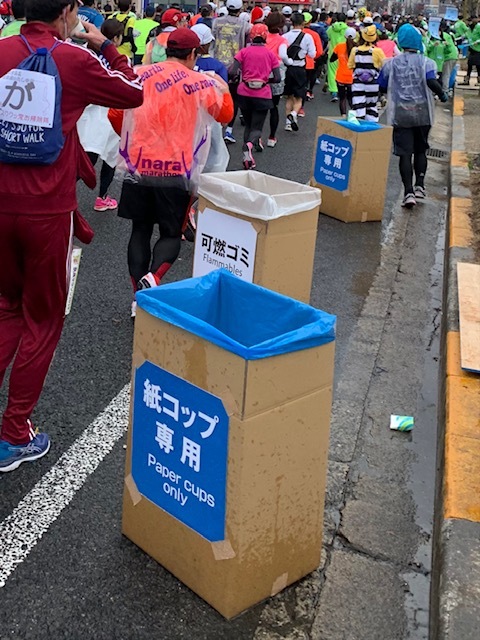
Figure 4. The notice on waste classification methods is very clear
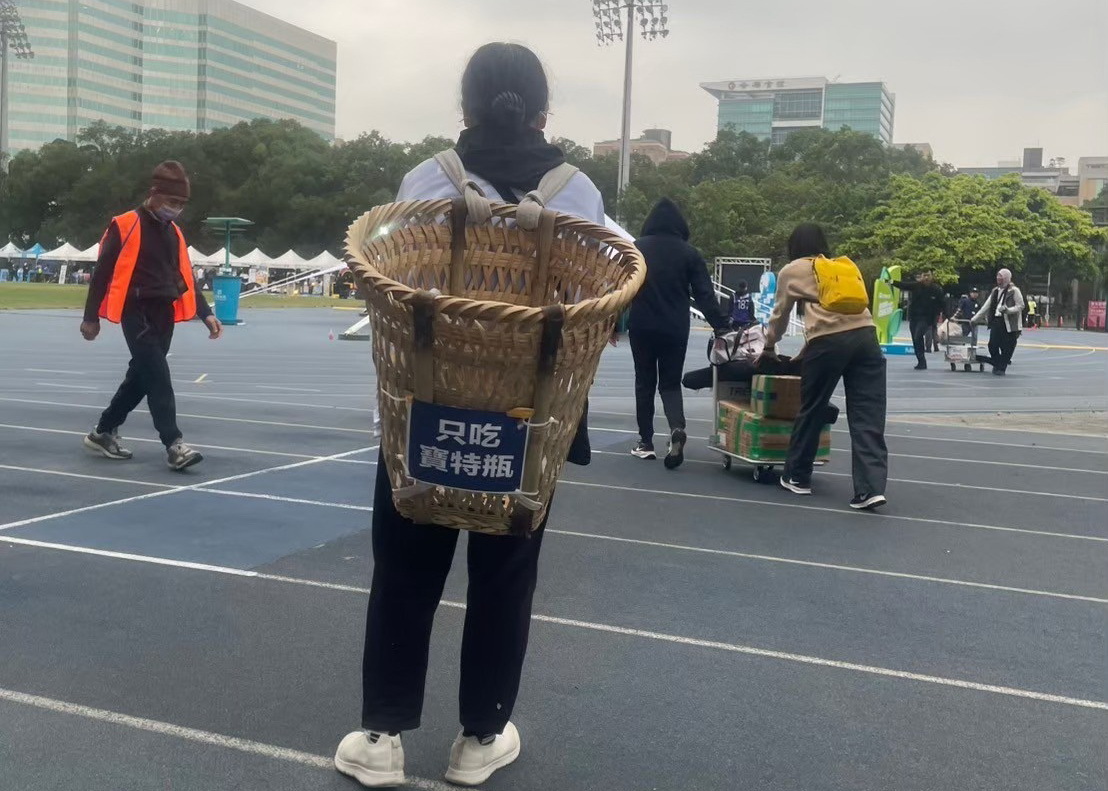
Figure 5. On-site bee team strictly enforced a no-littering policy
Thirdly, this study also explores runners' understanding and awareness of environmental knowledge, specifically asking whether they are aware of the causes of environmental problems and potential solutions. The results indicate that runners from both countries responded quite conservatively on this topic, suggesting a lack of knowledge regarding environmental issues. This indicates a need for enhanced environmental education in both regions.

Figure 6. A clothing recycling station is set up at the event site
Also, the study revealed interesting patterns related to the runners' backgrounds and their perspectives on environmental sustainability. The results indicate that older runners or those with more years of running experience showed greater awareness of environmental sustainability. This finding is consistent with the results from the Nara Marathon study. In fact, the results align with previous research, but it is noteworthy that this study also reveals differences compared to past studies. Historically, factors such as education level and gender showed variations in concern for environmental issues, with women and those with higher education being more engaged. However, the current research found no significant differences in attitudes towards this issue between different genders in Taiwan and Japan, indicating a convergence in perspectives across gender and educational backgrounds regarding environmental sustainability.
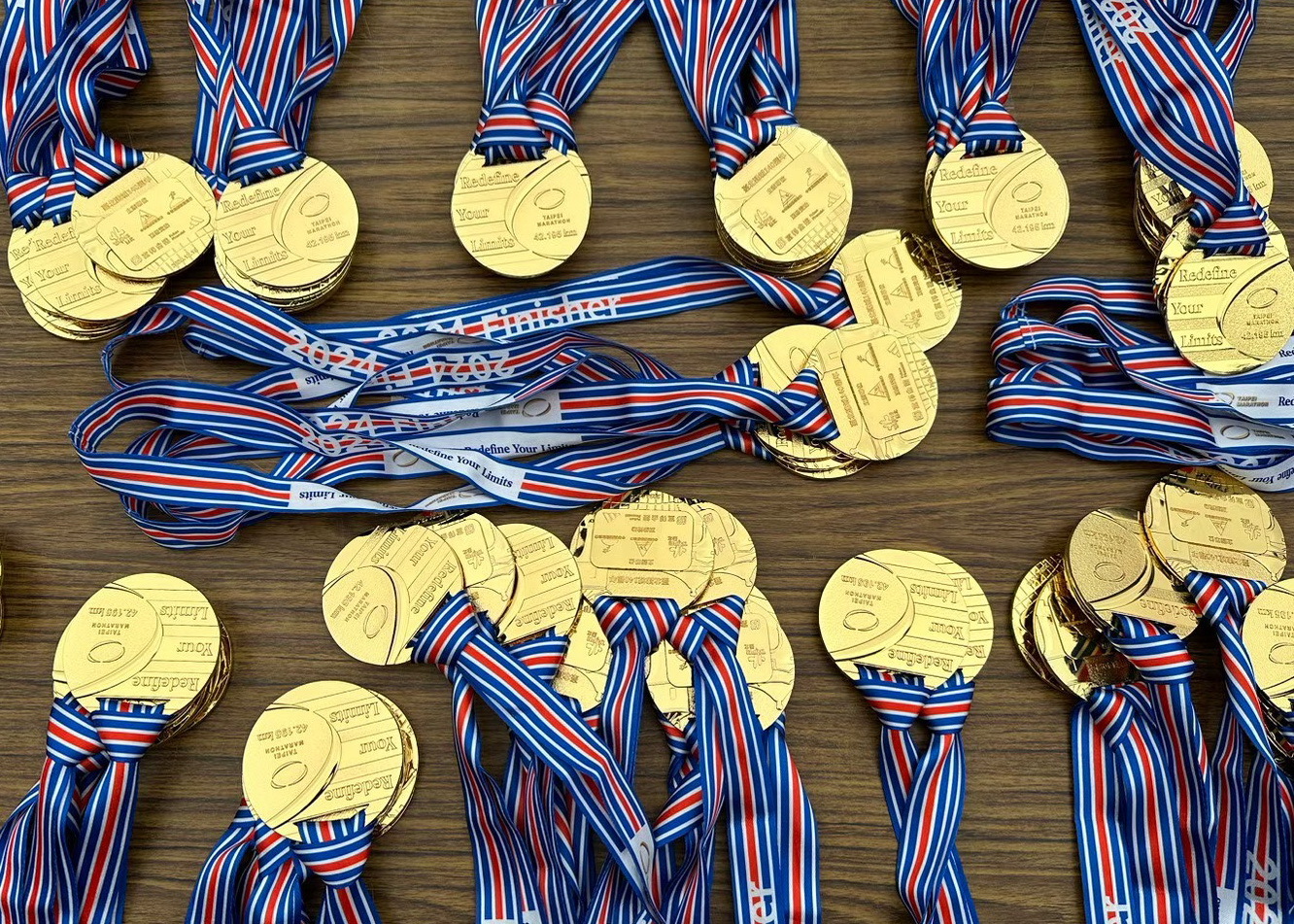
Figure 7. The lanyards for the Taipei Marathon medals were made from PET bottles recycled from last year’s event
To sum up, the first multinational study also highlights that there is a strong consensus among the academic community and event organizers regarding the issue of climate change, which facilitated the smooth progress of this research. The team from National Tsinghua University extends special thanks to the Taipei City Sports Bureau for their assistance. Thanks to the efforts of the Taipei City Sports Bureau, the Taipei Marathon has not only achieved the World Athletics Gold Label status but also secured the first carbon footprint assessment in the world. In addition, Professor Bizen from Kokugakuin University noted that the number of responses received reflects the goodwill of the runners. The participation of these runners serves as encouragement for the event organizers. It is worth mentioning that the number of responses was even greater than last year, indicating an increase in engagement. Professor Bizen also pointed out that this survey is part of a routine study conducted in collaboration with the Nara Marathon organizing committee. This research not only establishes a solid framework for collaboration but also serves as an important reference for supporting the need for tailored environmental education programs.
Table Profiles of the Marathon and Survey
|
Event Name |
Nara Marathon |
Taipei Marathon |
|
Host |
Nara Marathon Executive Committee |
Chinese Taipei Athletic Association Chinese Taipei Road Running Association Taipei City Government |
|
Event runners |
11,000 |
28,000 |
|
Date |
2024/12/08 |
2024/12/15 |
|
Data collection |
|
|
|
Number of returned surveys |
2348 |
926 |
|
Number of valid surveys |
1407 |
790 |
